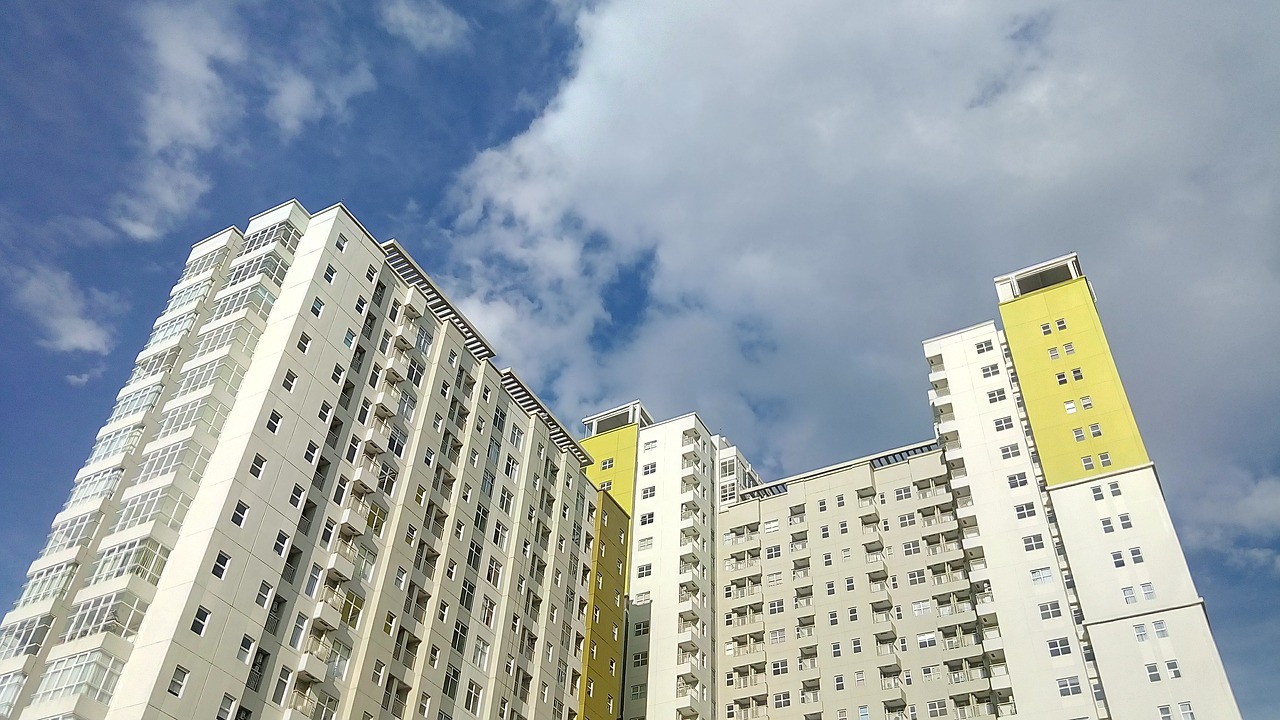Speaking at Harvard University, FM Arun Jaitley said that they will consider taking real estate under GST’s ambit in the next GST council meeting that will be held in November month.
Real Estate under GST may Earn More Revenue for the Government:
Speaking at the seminar, FM Jaitley explained that real estate sector generates large amount of black money and taking it under GST will ensure that maximum tax is collected. This will also lead to the reduction of prices.
He also said that some of the states are considering to bring real estate under GST. Some states are in favor of this proposal while some of them are against it. He said that it will be the consumers who will benefit the most by paying one final tax instead of many.
It should be noted that the tax on the construction of real estate complex is 12% under GST. There is no tax levied under GST on buying and selling of lands and complexes as it is still managed by the states by the old methods.
The stamp duties are the known ways of taxing on buying and selling properties. Different states have different rates of stamp duty. Apart from stamp duty, there are other taxes like registry tax, VAT, Sales Tax, Service tax and other small taxes that are levied by states depending on states to states.
What will be the Benefits if GST applied on Real Estate?
It would be interesting to see under which tax slab the real estate will come. It is most likely that it will be taxed under 12% tax slab to make it an easy composite supply of constructed apartments/houses.
Similar to clothes, cars, there may be a slab with different rates of GST for different consideration value. Currently in most of the states, 8-10% stamp duty is collected on the total consideration amount. A higher GST rate might lead to double taxation with the likes of long term capital gain tax in parallel charged by income tax department on sale of any property.
Stamp duty rates in some of the states are as follows:
- Haryana: 12.5% of consideration
- Assam: 8.25% of consideration
- Rajasthan: 11% of market value of property
- UP: 8% of market value or consideration, depending on which one is greater
- Delhi: 3% stamp duty and 5% surcharge
- Maharashtra: 10% on market value
Another big issue is cascading effect of stamp duty vs. GST. Many states do give relief of earlier paid stamp duty on the property but maximum states don’t. This effect may lead to loss of revenue for such state governments therefore, rate fixation will be crucial.
There are many other issues that will be considered apart from these while discussing the real estate inclusion under GST. The benefit will only be called if it gives relief directly to the consumer.









